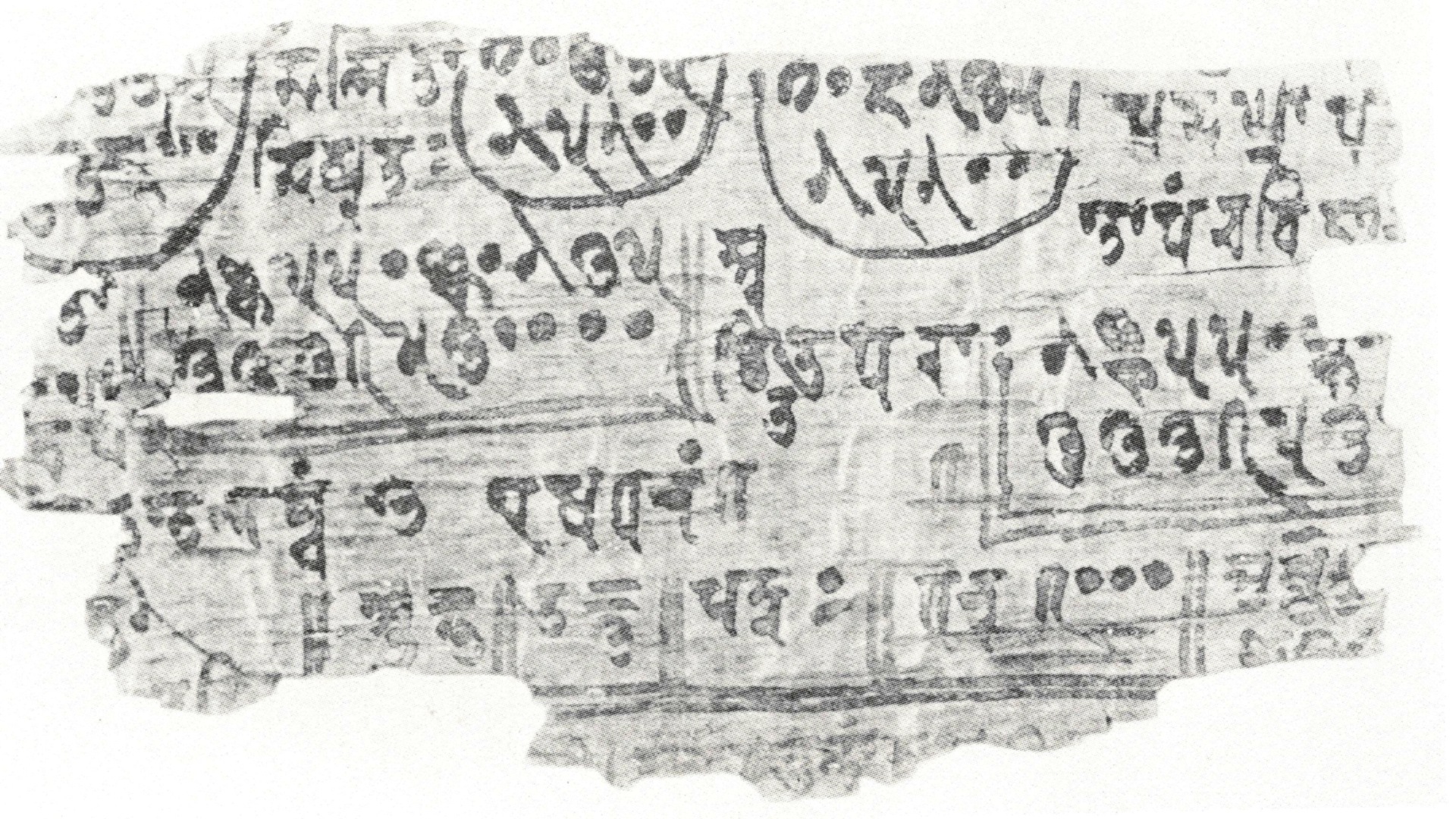For a sweltering summer time time, the nine elected magisterial archons of Athens waited breathlessly for news, surrounded by a restless audience of residents. Their military, along side a few allies, had involved with a bigger force of Persians within the little bay of Marathon — desperately hoping that the claustrophobic landscape would stop the near-invincible forces led by King Darius we from wreaking terrible revenge regarding the town of Athens.
A commotion beyond your town walls caught the interest of this archons, and abruptly the gates had been thrust available. A soldier because of the true title of Pheidippides burst through still clad in complete armor, splattered with bloodstream and dripping with perspiration. He’d simply run the entire 40 kilometers from Marathon to Athens.
Their proclamation, “Rejoice! We have been victorious!” echoed throughout the crowd that is expectant plus in the 2nd before they broke right into a jubilant celebration, Pheidippides, overcome with fatigue, staggered and fell to your ground, dead — or more the myth associated with origins regarding the very very very very first Marathon goes.
The intimate tale associated with runner’s sacrifice that is joyfulwhich caught the imagination of 19 th century writers and popularized the misconception, but was at truth much more impressive, and less tragic) informs of an amazing long distance set you back beg the armed forces support of Sparta, additionally the determined fast march associated with battle-worn Athenians from Marathon back into Athens to protect their town.
That which was the Battle of Marathon?

The Battle of Marathon had been a conflict battled in 490 B.C. in the seaside Grecian plain of Marathon. Athenians led a tiny selection of Greek coalition forces to triumph from the invading that is powerful military, that has been much bigger and a lot more dangerous.
To Guard Athens
The army that is persian instilled fear in Greek cities for generations, and had been thought to be virtually undefeatable. However their utter triumph at Eretria, an ally of Athens and a town which they had set siege to and enslaved after to be had surrender, had been a mistake that is tactical revealed Persia’s hand.
Up against similar terrible and approaching fast enemy, debate raged in Athens because it had in Eretria regarding the course that is safest of action for the town, the disadvantage to democracy being the sluggish and dissentious design of choice generating.
Numerous insisted that surrendering and begging for terms would save your self them, but Datis — the persian— that is general their forces delivered an obvious message after burning and enslaving Athens‘ neighboring town.
There is no compromises. Persia desired revenge for Athen’s disrespect, in addition they had been likely to obtain it.
The Athenians knew that they had just two options — to defend their own families towards the end, or even be killed, most likely tortured, enslaved, or mutilated (whilst the army that is persian a enjoyable practice of cutting from the ears, noses, and fingers of the defeated enemies).
Desperation could be a motivator that is powerful. And Athens ended up being hopeless.
The Persian Advance

Datis thought we would secure their military in the Bay of Marathon, a mostly sound decision that is military since the normal promontory supplied exemplary shelter for their vessels, while the plains onshore offered good motion for their cavalry.
He additionally knew that Marathon ended up being far sufficient away that cupid the Athenians wouldn’t have the ability to shock him while their own forces unloaded the vessels, a scene of utter pandemonium that will have put their males in a susceptible place.
There was clearly a solitary drawback, though — the hills surrounding the simple of Marathon offered only 1 exit by which a big military could quickly march, plus the Athenians had fortified it, making sure any try to go will be dangerous and lethal.
But Athens lay in just each and every day’s march that is hard two days‘ leisurely one, if the Greeks not approach for battle. And therefore perfect distance had been most of the attraction required for Datis to be in on Marathon as being a landing point for their military.
When Athens discovered of Datis‘ arrival, their military marched straight away, having been held in readiness since term had appeared of this autumn of Eretria. 10 generals during the mind of 10,000 soldiers lay out for Marathon, tight-lipped and afraid, but willing to fight into the man that is last necessary.
The Very First Marathon
Ahead of the Athenian army departed, the elected town magistrates, or archons, had sent Pheidippides — an athletic message provider whoever occupation, called a “hemerodromos” (meaning “day-long-runner”), bordered a sacred calling — for a hopeless plea for help. Having trained dedicatedly for some of their life, he had been in a position to travel long distances over hard surface, as well as that minute, he had been indispensable.
Pheidippides went to Sparta, a distance of approximately 220 kilometers (over 135 kilometers), in just two times. He was crushed to hear a refusal when he arrived, exhausted, and managed to sputter out the Athenian request for military assistance.
The Spartans assured him which they had been wanting to assist, however they had been in the center of their event of Carneia, a fertility party linked to the god Apollo; an interval during that they observed a strict comfort. The Spartan military could not assemble and provide possibly Athens the help they asked for for another ten times.
With this particular declaration, Pheidippides likely thought it absolutely was the end of every thing he knew and liked. But he took no time and energy to mourn.
Rather, he turned around and made the amazing run, another 220 kilometers over rocky, mountainous landscapes in only 2 days, back into Marathon, warning the Athenians that no instant assistance could possibly be anticipated from Sparta.
That they had no option but to create this stand with absolutely nothing nevertheless the assistance of a tiny allied force — figures and morale just bolstered with a detachment of soldiers through the nearby Greek town of Platea, repaying the help Athens had shown them in protecting against an intrusion some years prior.
Nevertheless the Greeks remained outnumbered and outmatched, the enemy they encountered, based on historians that are ancient standing at over 100,000 males strong.
